Athletes are no longer just making a plant based diet work for their training; they’re thriving on it. This lifestyle is starting to pick up momentum as endurance athletes are adopting a plant based diet for a variety of reasons, including health, environment, and performance. Additionally, when a plant-based diet is coupled withentomophagy, the practice of eating insects, you get the world’s ultimate sustainable superfood diet! Insects, particularly crickets, provide many of the essential nutrients that plants lack.
If you are someone who is new to or wants to begin a plant-based and cricket-powered lifestyle, there are nutritional considerations to take into account to maintain optimal health and performance. This article will walk you through the nutritional needs specific to endurance athletes following this type of diet.
Be mindful of energy intake
One of the main concerns regarding a plant based diet is not meeting your caloric requirements. Because a plant based diet is naturally high in fiber, you might feel full before eating your needed calories for the day. As you can imagine, this could significantly hinder endurance athletes who must properly nourish their bodies after an intense workout. However, incorporating healthy fats into one’s diet can easily boost one’s daily caloric intake. Foods like avocados, almonds, and pumpkin seeds are calorically dense and make for great snacks throughout the day. Opting for lower fiber foods like white rice and pasta is also another way to quickly add calories to a meal.
Get in your protein
Athletes starting a plant based diet may have concerns about getting enough protein from their food.While there is protein in all plant foods, it is usually an incomplete source since all 9 essential amino acids aren’t provided. Plant protein also has a lower biological value compared to animal protein so less of it gets absorbed by the body. However, eating a well-rounded diet that includes plant based protein such as tofu, tempeh, chickpeas, beans, and lentils is enough to meet your daily requirements of protein. You can also combine incomplete plant-based protein to make a complete source. Complete combinations of protein include: whole grains with beans, beans with nuts or seeds, and nuts or seeds with whole grains. Additionally,crickets are a fantastic source of complete protein, providing 2X more protein than beef!
When you begin to include more beans and lentils into your diet, start gradually to help mitigate gas and indigestion. Allow your body time to adjust to the changes!

Fat intake
Plant based diets are typically lower in totalfat. In particular, plant based diets are limited in omega-3 fatty acids since its primary source is oily fish. However, omega-3s are an essential fatty acid as they play an important role in cardiovascular health and carry anti-inflammatory properties. The three omega-3s that our diet requires are alpha-linolenic acid (ALA), eicosapentaenoic acid (EPA), and docosahexaenoic acid (DHA). Plant sources such as walnuts, flaxseeds, and chia are rich in ALA, while seaweed and algae can provide DHA and EPA fatty acids. Eating a variety of omega-3 sources is important in a plant based diet. You should also be careful not to over consume seed oils that are high in omega-6 oils such as sunflower or soybean oil: omega 6 may be pro-inflammatory when there is inadequate omega 3 in the diet.
Iron
Iron intake is usually a concern when starting a plant-based diet, particularly for female athletes. This mineral is essential for energy production so having adequate levels in the blood is critical for athletic performance. A diet lacking in iron can lead to fatigue, weakness, headaches, or shortness of breath. Because plant sources of iron are found in the non-heme form, it is not as easily absorbed as the heme form that is found in animal foods.
Including more plant-based iron rich foods such as beans, lentils, spinach, iron-fortified cereals, and breads to your diet will help you reach your iron targets. As well, cricket powder contains ample amounts of iron: 2X more than spinach! To enhance iron absorption, pair your meals with vitamin C-rich foods such as citrus fruits, tomatoes, or peppers. Avoid combining iron-rich foods with tea, coffee, or calcium-rich foods as these will decrease iron absorption.
B12
Vegans frequently fall short onvitamin B12 because it is not found naturally in plant foods. Because B12 is needed to produce healthy red blood cells, a deficiency can lead to anemia, causing weakness and fatigue. Thankfully, ourNäak bars are high in vitamin B12, providing up to 50% of your daily value in just one bar!Other sources of B12 include fortified cereals and nutritional yeast.

Zinc
We need zinc in our diets for cell growth and repair as well as for protein metabolism. Similar to iron, zinc is found in many plant foods but is not readily absorbed. Including whole grain foods, beans, lentils, nuts, and seeds into your diet will likely help achieve adequate zinc status without supplementation.
Calcium
Athletes exert stress on the bones on a daily basis, so calcium is necessary to maintain bone strength and health throughout the lifespan. Although calcium is most abundant in dairy, you can still get sources of calcium in foods such as dark green leafy lettuce, broccoli, soy products, fortified foods, milk alternatives, andcrickets! Additionally, soaking legumes and nuts before consumption helps in increasing calcium absorption.
Vitamin D
Vitamin D is needed for muscle function, your immune system, and bone health. Having optimal vitamin D status is considered an important part of sports performance as well as general health. Most of our vitamin D comes from sun exposure as there is little vitamin D in foods and virtually none in plant foods. This poses a problem especially during the winter months. To keep a healthy vitamin D status, include fortified non-dairy milk and orange juice. If you find your levels are less than optimal, supplementation may be needed.
To summarize...
By paying attention to your nutrition, there is no reason why you cannot thrive on a plant-based and cricket-powered diet. It is important that you eat enough food to meet your energy needs and to not fall short of the nutrients that may be low in a diet that excludes animal products such as protein, fat, iron, vitamin B12, zinc, calcium, and vitamin D. Thankfully, crickets contain many of the nutrients that plants lack, making this type of diet both nutritious and sustainable! Basing your diet around foods such as vegetables, fruits, whole grains, legumes, crickets, nuts, and seeds will help you meet your nutrient requirements as an athlete and support overall health.

Please note that Näak is in no way pressuring or forcing you to become plant based; you should always do what feels right to you. Especially if you are somebody who has a medical condition, is pregnant or breastfeeding, or immunocompromised, please consult with a dietitian or physician before beginning a plant based lifestyle. However, at Näak, we believe in sustainable nutrition and our mission is to power the world of ultra-sport performance with efficient and sustainable fuel. We strongly encourage you to join the movement!
If you want to begin a plant-based and cricket powered diet, try out our free nutrition guidehere!


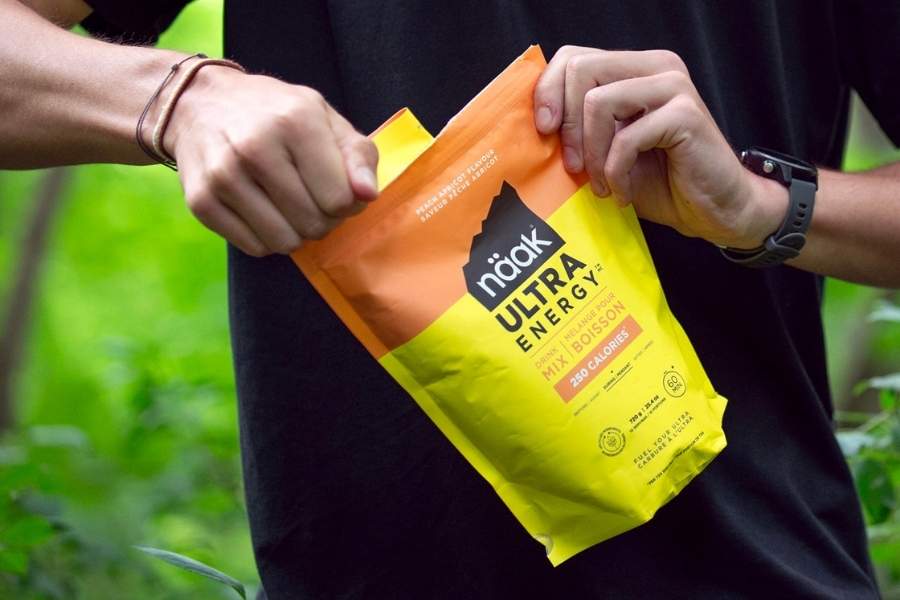
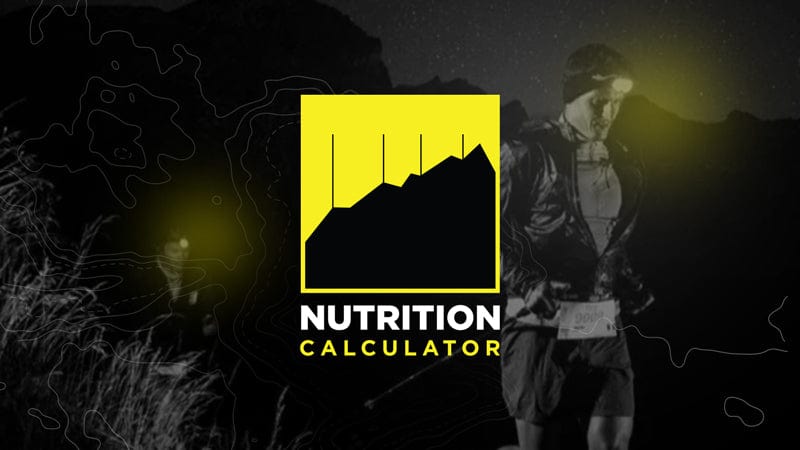
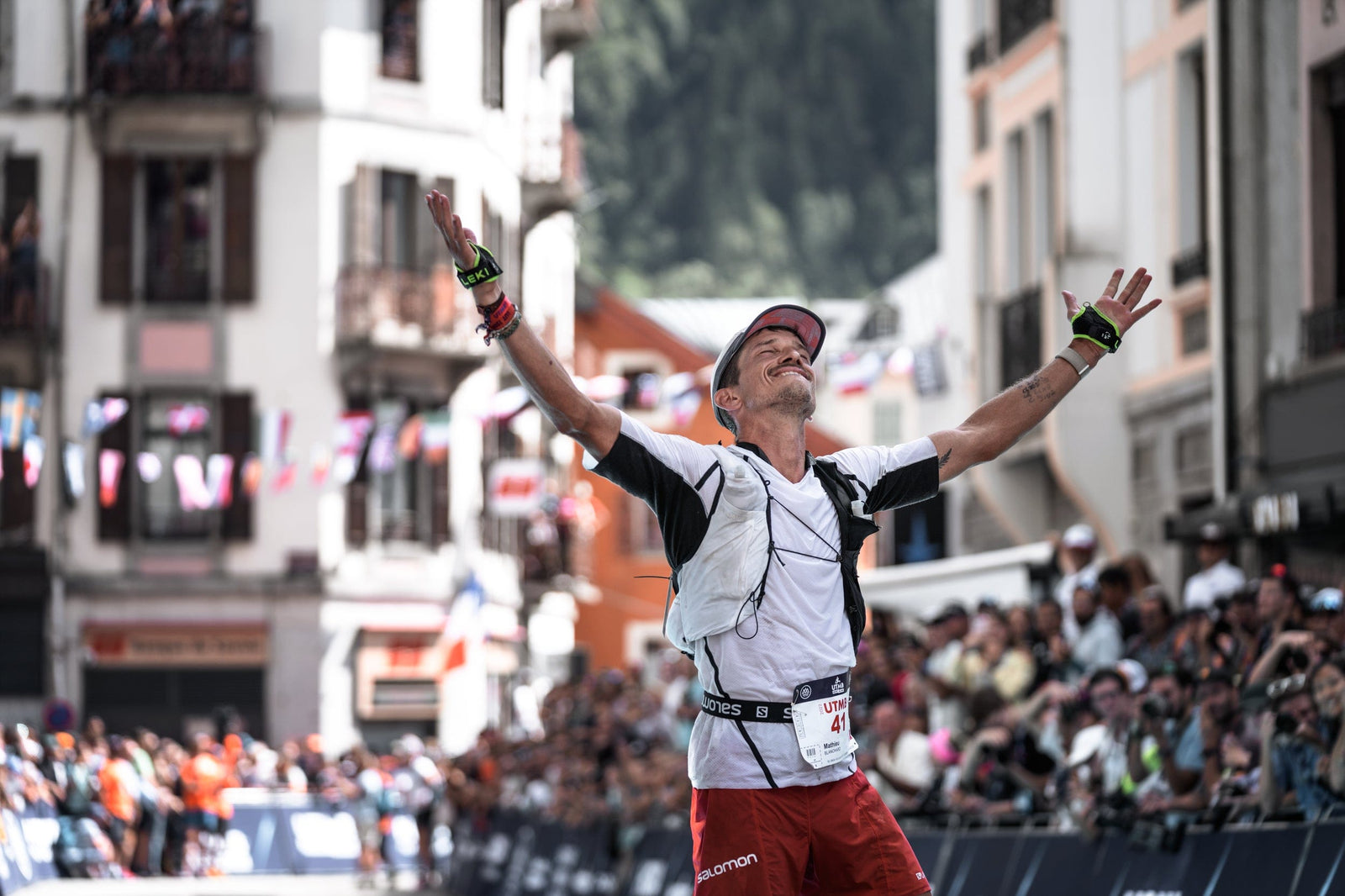
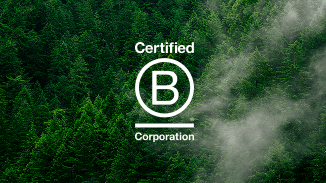

















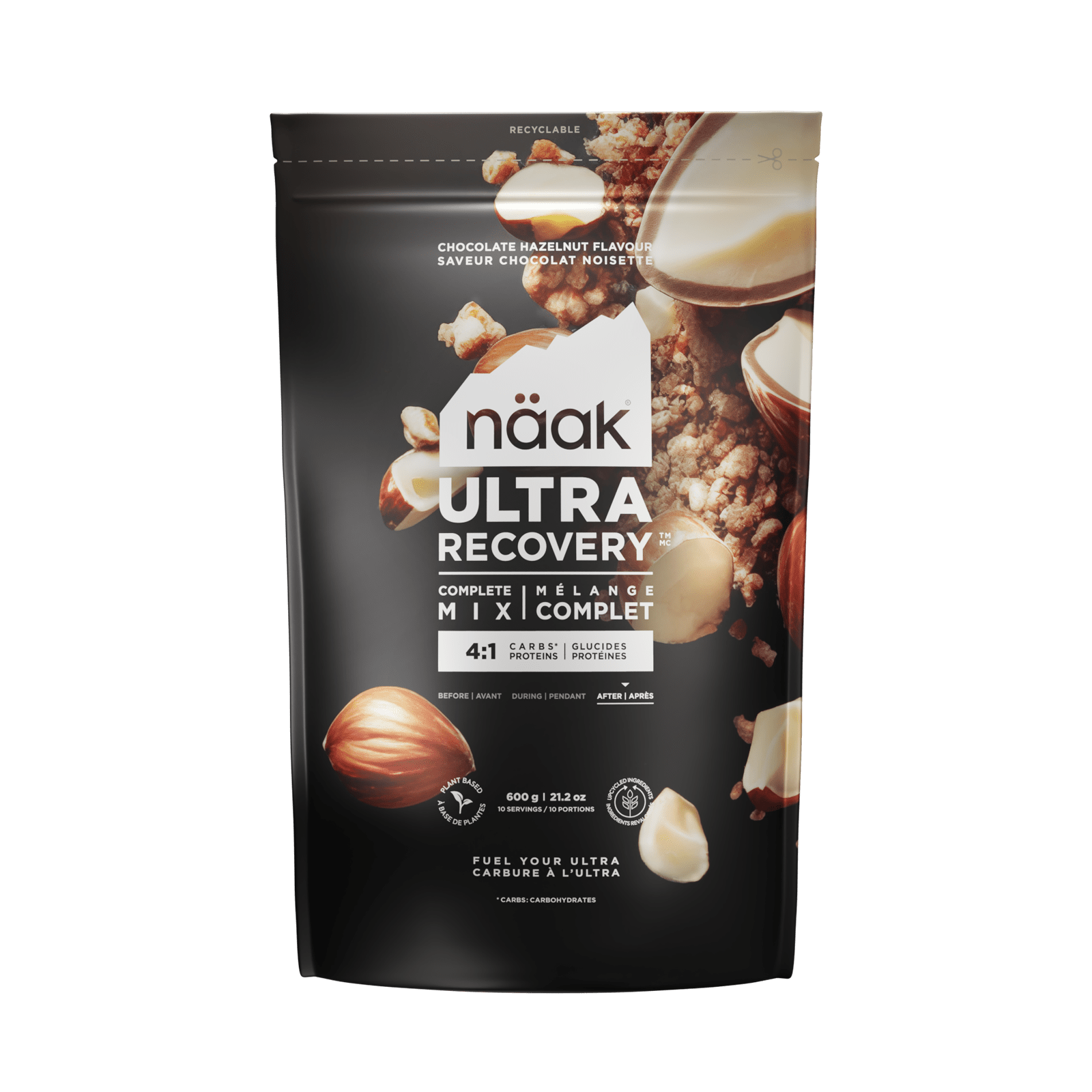
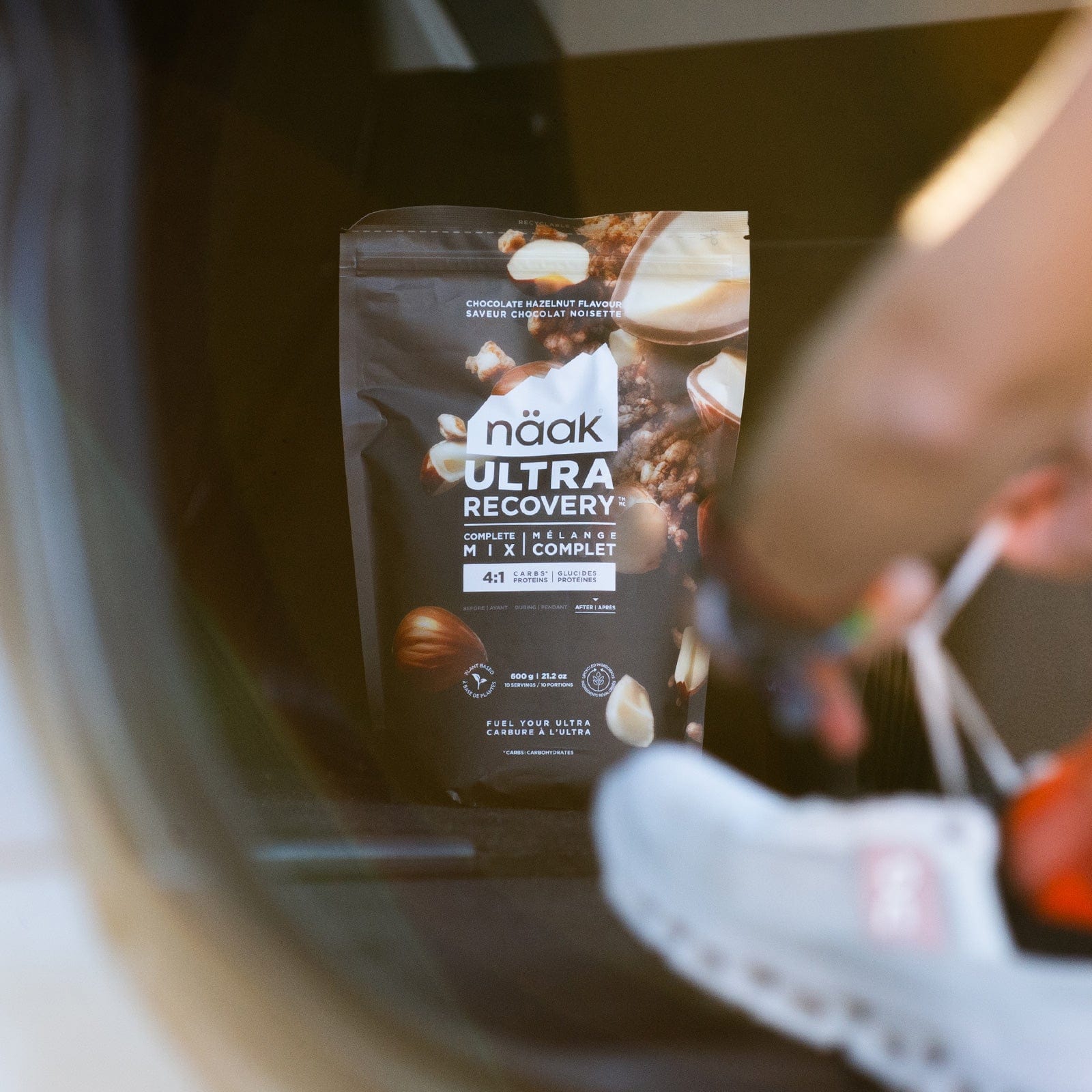
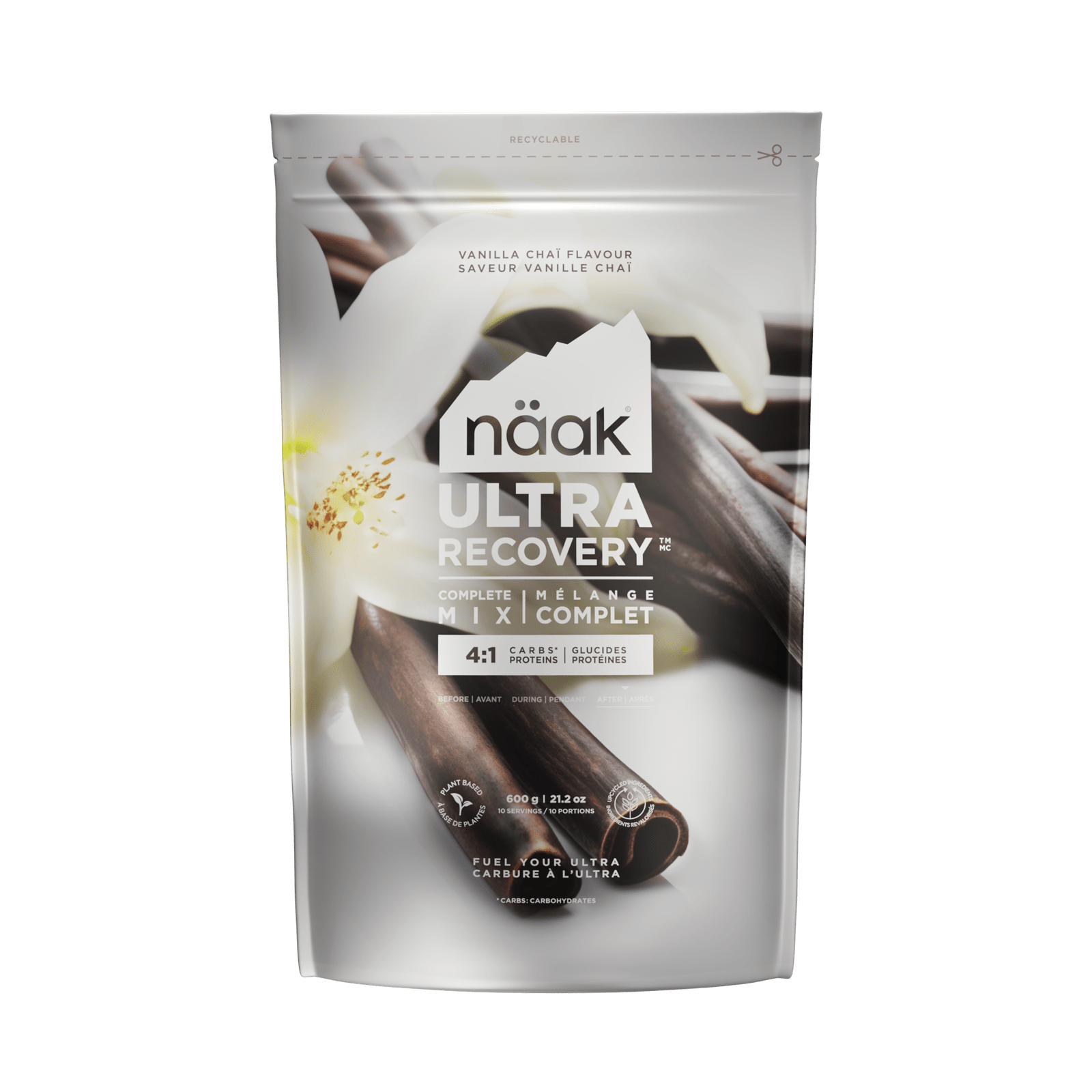
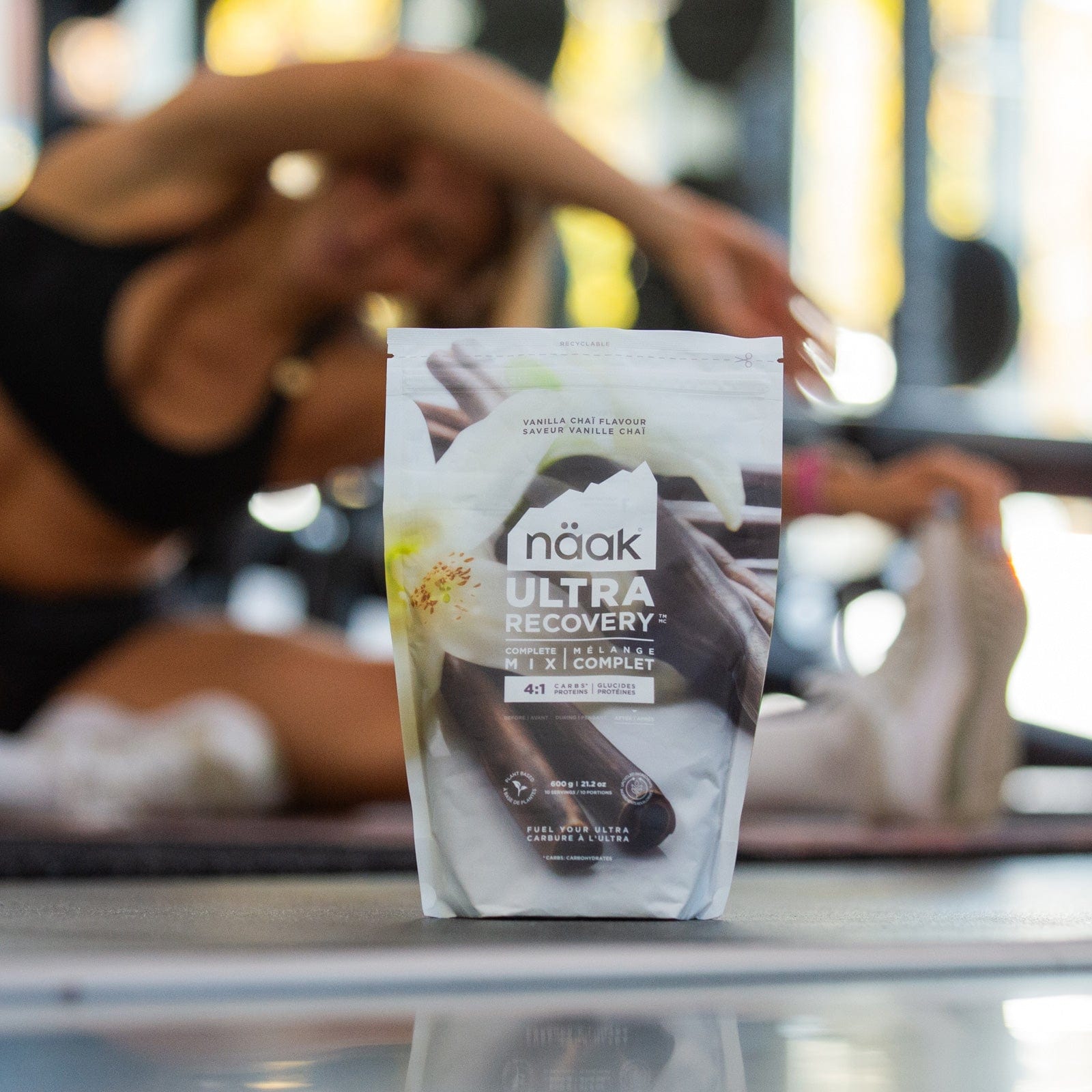


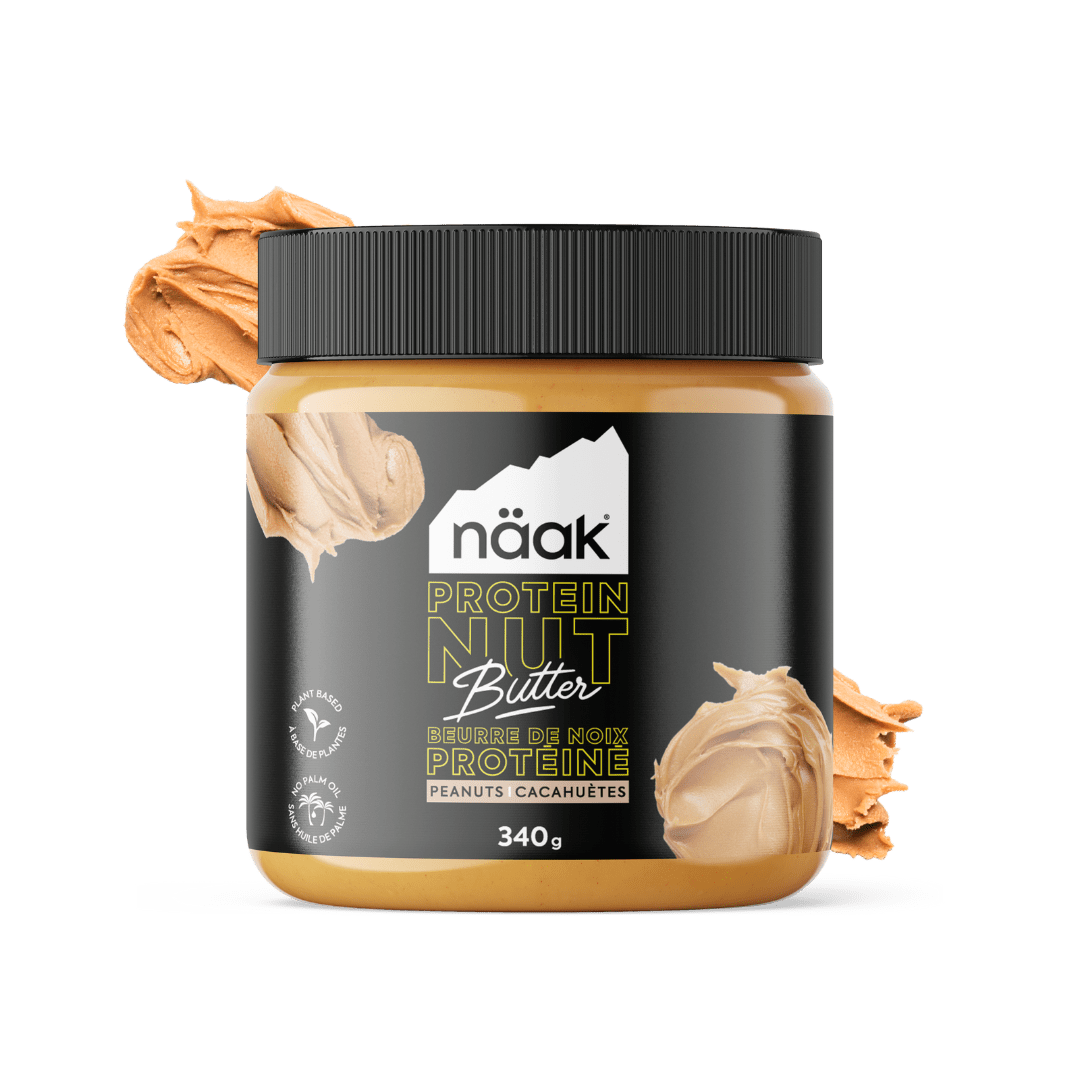
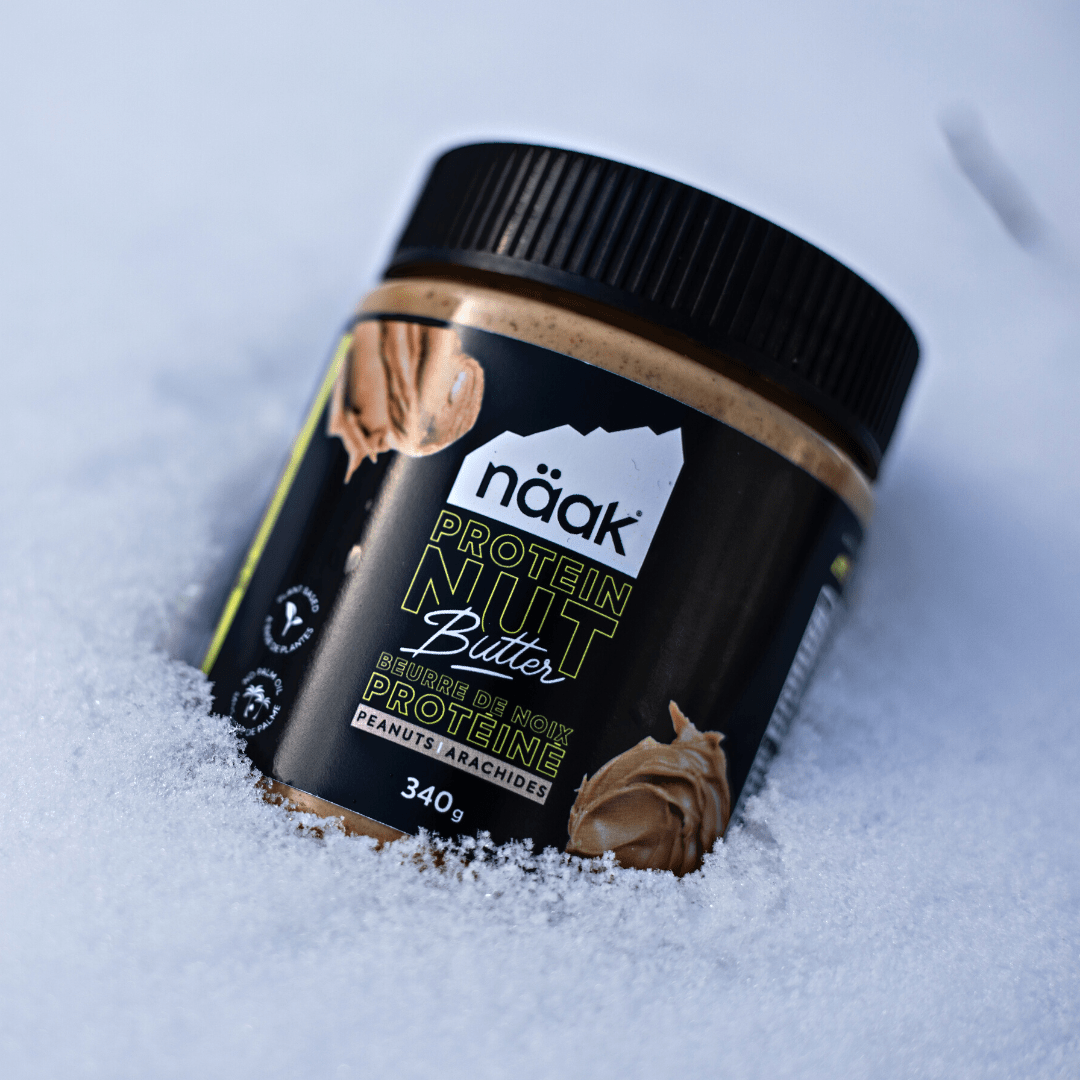
Leave a comment (all fields required)